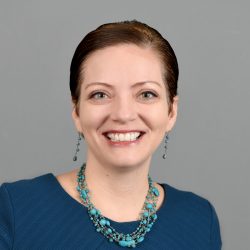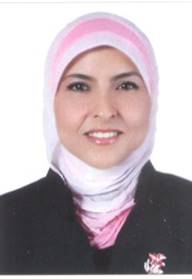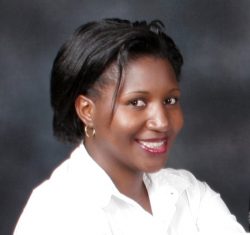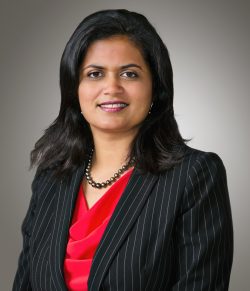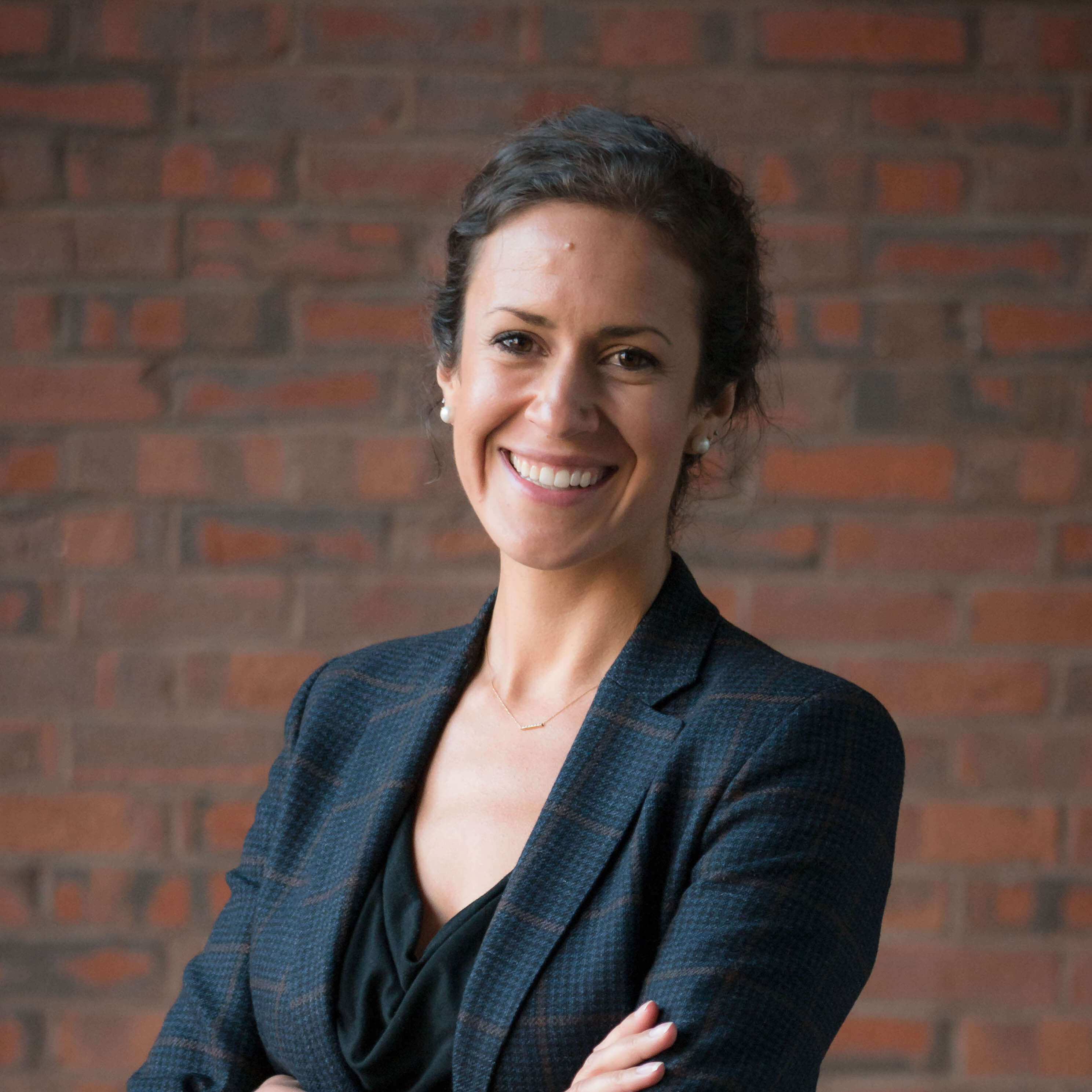Using narrative and in-depth interviews, I document women’s stories and experiences. My work presents a platform where their voices, efforts, and challenges are published in order to nudge the rest of the world to better support them.
My research methods include interventions that have the potential to empower women. For example, I use business training, coaching, and mentorship to enable women to build their skills and manage their ventures more efficiently and profitably. I evaluate these interventions using scientific methods to generate evidence of their impact, which policymakers use when tackling development challenges.
My research often recommends practical steps that policymakers can take to mitigate or solve problems. Sometimes the research methods I use, such as random controlled trials, provide uncontested scientific evidence—quick wins—that motivate policymakers to adapt and scale up interventions.Rebecca Namatovu, Senior Lecturer
Along with academic journals, my research is published in reports, policy briefs, and posters that are written in simple and understandable language that resonates with many stakeholders, especially policymakers. Additionally, I actively seek and accept opportunities to share my research findings and publications. As an advisor to one of the largest Ugandan women empowering organizations, I evaluate their activities—tracking them against research evidence and advising them with scientific data.
My research often recommends practical steps that policymakers can take to mitigate or solve problems. Sometimes the research methods I use, such as random controlled trials, provide uncontested scientific evidence—quick wins—that motivate policymakers to adapt and scale up interventions.
 View Caption
View Caption

